Artificial ingredients, GMOs, and pesticides have become hot topics lately, sparking discussions about their impact on health and the environment. At Nature’s Garden, we're passionate about better-for-you, functional snacking that not only benefits your well-being but also considers the planet. Have you ever wondered why organic products often come with higher price tags? We're here to delve into these questions, debunk myths, and shed light on the true value of choosing organic. Let’s explore the facts and separate the hype from reality together.
What’s all the hype with organic?
As modern consumers, we're faced with numerous considerations, extending beyond just our food choices. It's crucial to think about how the ingredients in our food are raised and sourced, not just for our health but also for the well-being of the environment.
USDA Certified Organic According to the U.S. Department of Agriculture, USDA, the term organic in produce refers to products that have been certified as grown on soil that had no prohibited substances applied for three years prior to harvest. These include synthetic fertilizers and pesticides. Additionally, even in cases where growers need to use a synthetic substance for a specific purpose, the substance must be approved according to certain criteria that evaluate its effects on our health and the environment.
When you see “made with organic ingredient X” on a packaged product at the grocery store, this usually means that they are made up of at least 70% organically sourced ingredients, while the remainder, although free of any prohibited practices such as genetic engineering, may still include ingredients that may not be 100% organic.
How our food is grown or raised can have a tremendous impact on our physical and mental health. Thankfully, the Environmental Protection Agency (EPA) approves of all pesticides used in modern farming practices and does a risk assessment on whether the health effects on human health are beyond “too small to pose a risk”.
Organic foods, devoid of harmful additives, pesticides, GMOs, and artificial ingredients, boast higher levels of antioxidants and essential nutrients- mostly attributed to the lack of pesticides and the higher quality soil associated with organic farming practices. Antioxidants and other nutrients (i.e. vitamins) are vital for supporting our bodies and fueling crucial functions, as most cannot be produced internally.
Unfortunately, conventionally-grown foods may contain synthetic fungicides, herbicides, and insecticides to repel any organisms interfering with the growth and yield of produce. Most of the time, these pesticides do remain in the food we eat. Not only harmful for us humans but for animals living close to the farms as well.
Why buy organic?
- Reduced Exposure to Pesticides: Organic farming avoids synthetic pesticides and fertilizers. Studies have shown that organic produce has lower pesticide residues, reducing the risk of pesticide exposure and associated health risks, especially for vulnerable groups like children and pregnant women.
- Healthier Nutrient Content: Organic foods often have higher levels of certain nutrients, such as antioxidants, vitamins, and minerals. These nutrients are essential for overall health and well-being.
- Better For The Environment: Organic farming practices promote soil health, biodiversity, and water conservation. They also reduce pollution from synthetic chemicals, contributing to healthier ecosystems and supporting wildlife.
- Sustainability in Agriculture: By choosing organic, consumers support farmers who use sustainable practices that prioritize soil health, crop rotation, and natural pest control methods. This helps build resilient food systems for the future.
- Reduced GMO Exposure: Organic foods are non-GMO, providing an option for those concerned about genetically modified organisms and their potential long-term effects on health and the environment.
Organic Nuts vs. Non-Organic Nuts
Are organic nuts better for you?
Put non-organic and organic cashews side-by-side, and they might look the same. But there are notable differences that can have a long-term impact on your health.

Even though a shell protects the seeds or nut meat, there are still ways that chemical exposure affects the quality of the nut. However, all nuts don’t have the same growing practices, so this question doesn’t have a clear cut answer.
For example, because Brazil Nuts are wild-harvested, there is less likelihood for the use of pesticides or artificial ingredients in the production and harvesting. This is where transparency comes into play. Even with the many regulatory bodies involved in conventional farming, it’s good to know where the nuts you’re eating are sourced.
Additionally, it’s common for commercially sold nuts and seeds to be pasteurized, which means that they are steam-heated to kill any bacteria or pathogens. If you want the highest quality nutrients, it’s worth the extra cost to buy organic, raw nuts. It’s also recommended that you buy organic as much as possible when purchasing cashews, peanuts, almonds, and pistachios.
How long do organic nuts last?
Check the packaging to find the “Best By” or expiration date on your mixed nuts. Most nuts can be stored in the pantry for a few months after the best by date. Alternatively, put them in the fridge for an extra year of storage or the freezer for up to two years of storage. These colder environments help to protect the nuts and reduce the risk of them going bad.
Organic Nuts and Trail Mixes
When you need delicious organic trail mixes Nature’s Garden is here to help. Check out our Organic Trail Mix Snack Packs for a healthy, tasty and organic twist on fan- favorite Nature’s Garden trail mixes.

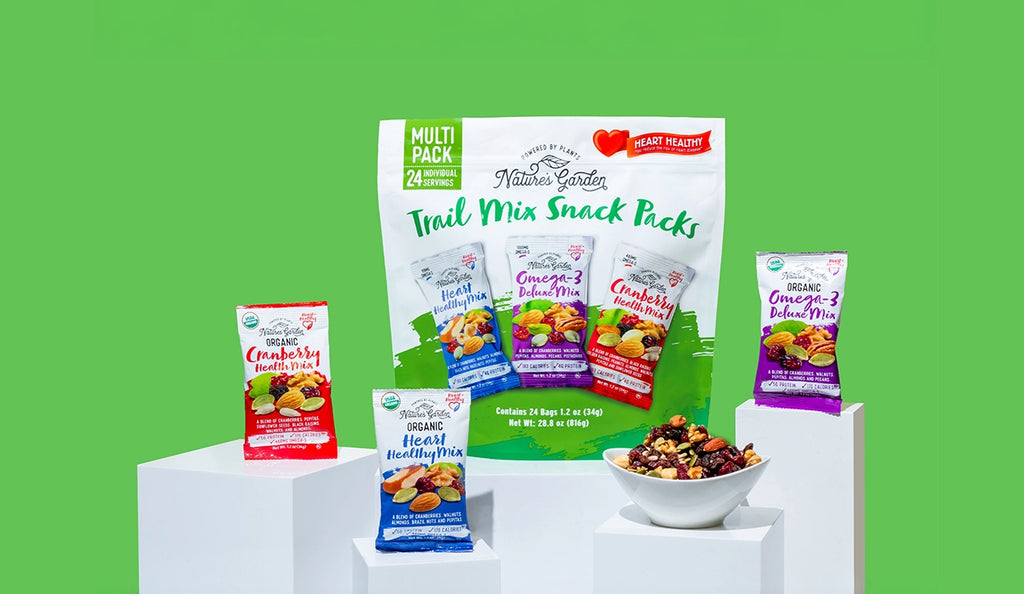

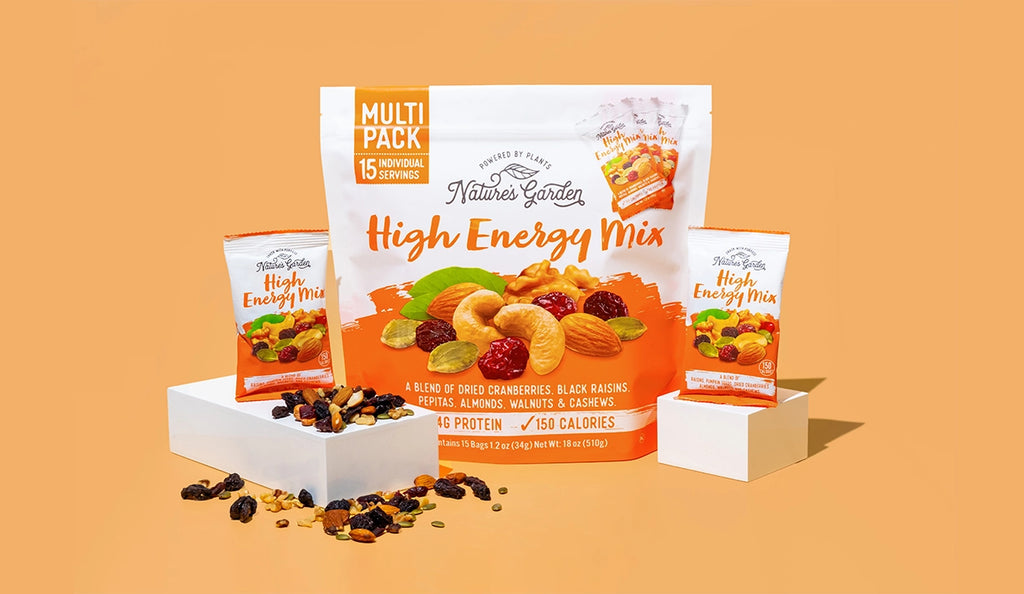
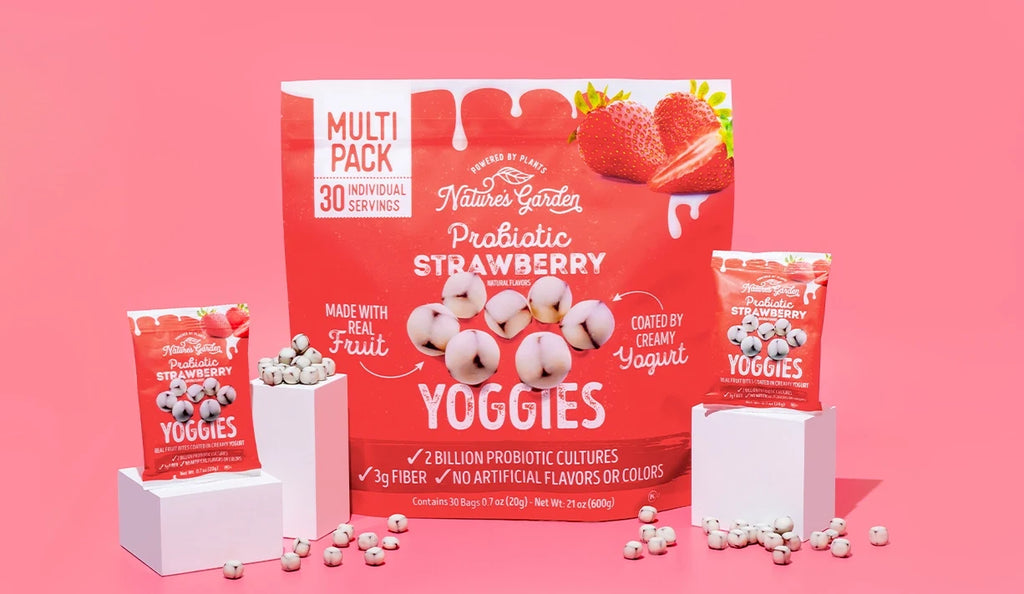

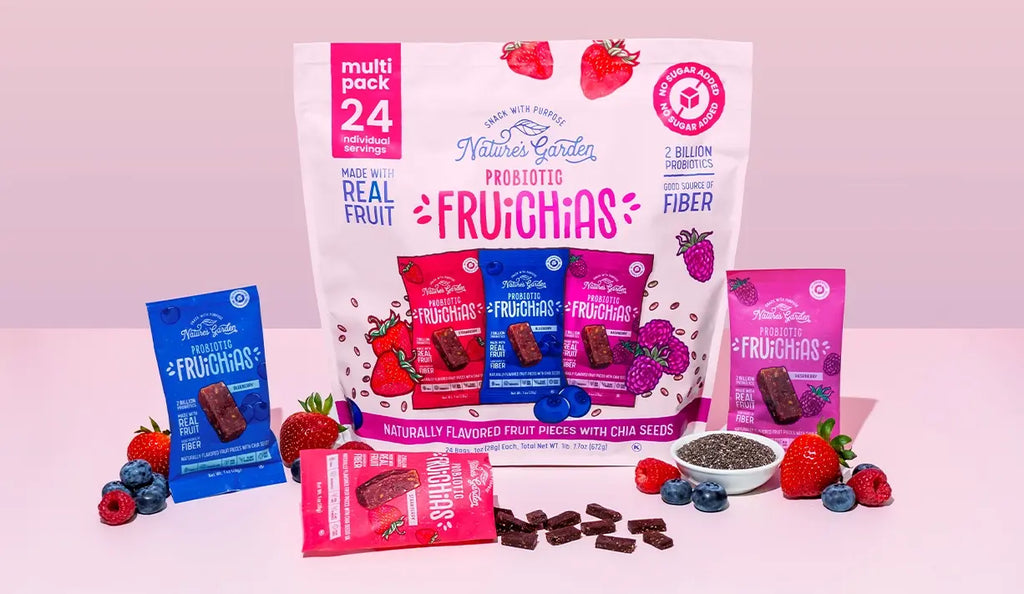
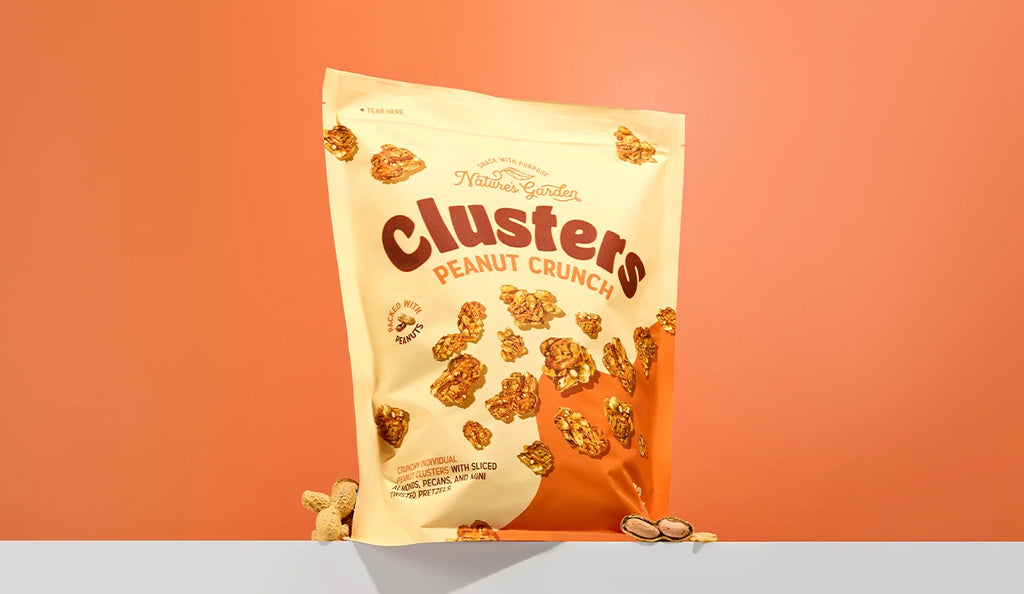
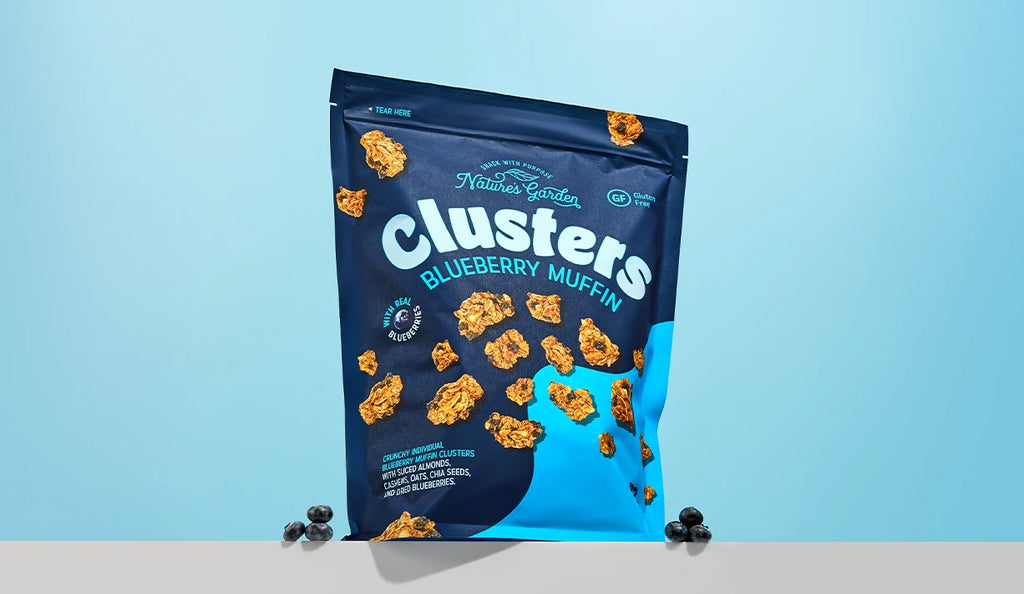









3 comments
I would recommend raw organic walnuts It is great plant based source
of omega 3 fatty acids.It is inexpensive based on the total price per package
and number of calories, thank you for reading
I would recommed raw organic walnuts It is great plant based source
of omega 3 fatty acids.
I loved that you pointed out that organic nuts have the highest quality nutrients, so it is worth the extra to buy them. This is something that I will consider because I am planning to shop for walnuts for my mother since she has been diabetic since last year. Since I want her to get all the health benefits that walnut can offer, I will do your tips. https://tataraw.org/shop